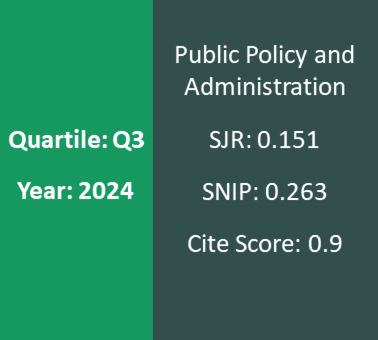Interbudgetary Redistribution of Funds in Lithuania: Institutional Interests and Financial Independence of Local Authorities
Keywords:
local government finances, interbudgetary redistribution, intergovernmental relations.Abstract
The impact of interbudgetary redistribution of funds on the financial independence of local authorities is
analysed in this article. The authors argue that interbudgetary redistribution of funds in Lithuania proves to be
the important mean retaining the dominance of central government's on the local finances. Transfer payments
from the state budget reflect the central government's policy towards local governments. Financial transfers
from the state budget reinforce the role of the state institutions in the sub national finances field and restrict the
financial independence of local governments. Besides this fact, local budget income equalization and revenue
redistribution through the state budget does not contribute to the natural development of local financial system.
Current problems, their consequences and possible solutions for increasing local financial independence had
been analyzed in the article.
In order to explore the practice of interbudgetary redistribution in the context of public finance system,
categories of the institutionalism theory was chosen. Institutionalism provides a framework for defining the
logic of state and local government institutions interaction in the process of allocating resources. Article explores
the institutional interests and institutional conflicts in Lithuanian public finance institutional field. The
main conflict arenas are defined as follows: redistribution of local governments' revenues through the state
budget; the domination of special grants in local budgets revenue structure; and special grants for investment
projects.





